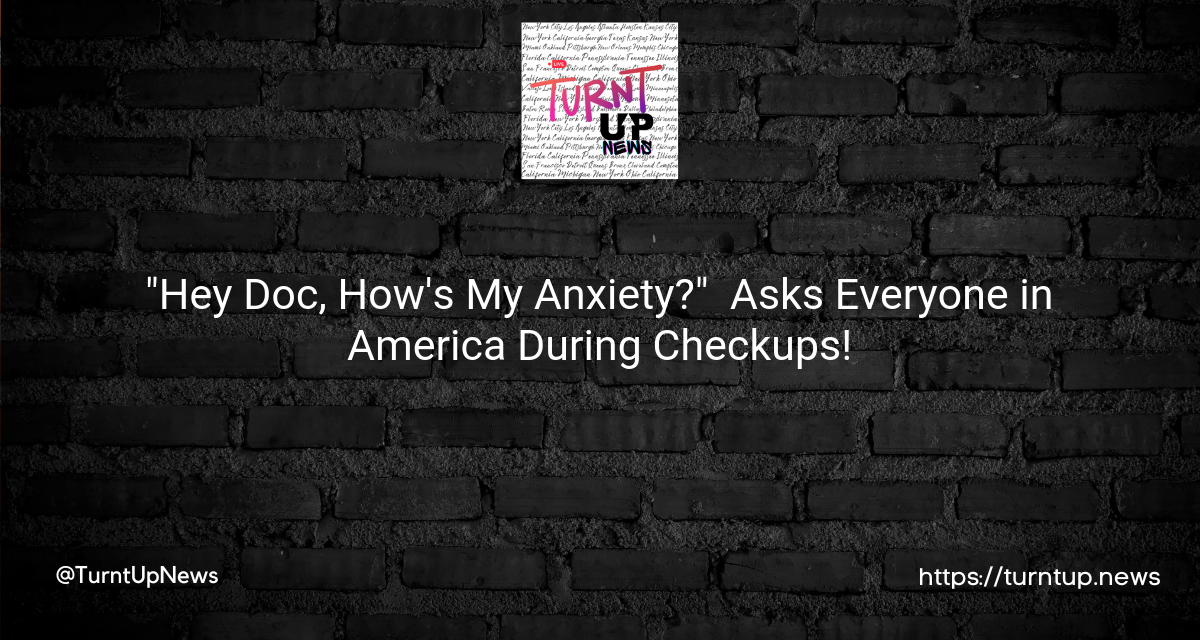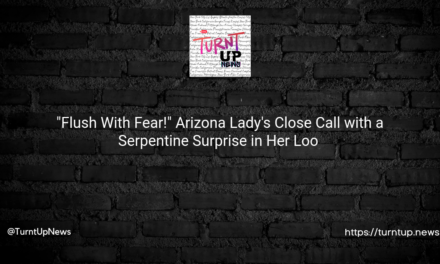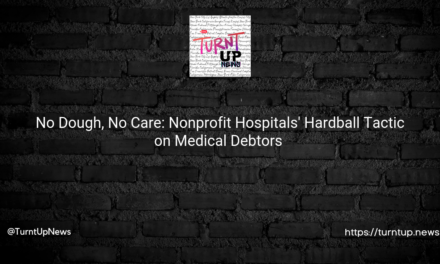😷 “Hey Doc, How’s My Anxiety?” 🥼 Asks Everyone in America During Checkups!
TL;DR;
Next time you’re getting checked out, don’t be shocked if your doc asks about your anxiety levels! 🤔 A powerful health panel has recommended that primary care providers start asking about feelings of anxiety in adults aged 19 through 64 as part of routine checkups. This comes in response to the rising mental health crisis and a push for earlier detection and treatment. However, critics worry about the already stretched-thin mental health care system’s ability to handle the influx of potential diagnoses. Will this end up being a game-changer or a bottleneck? 🙄
FULL NEWS STORY
Roll up, roll up, it’s time for your routine checkup – now featuring brand new questions about your mental health! It’s not a joke, folks. The U.S. Preventive Services Task Force published new guidelines suggesting that adults ages 19 through 64 should be screened for anxiety disorders as part of regular checkups. And yes, that includes expectant and new mothers! 🤰 This move is intended to help in diagnosing and treating anxiety disorders earlier, hopefully improving patient outcomes. It’s like getting your car serviced – but for your brain! 🧠
The task force, a heavyweight panel of medical experts, hasn’t pulled this out of thin air. Anxiety disorders affected about 19 percent of U.S. adults in the past year, and it’s estimated that a whopping 31 percent will face them at some point in their lives! 😱 But here’s the million-dollar question: What about the elderly folks, 65 and older? Well, the panel admits that there’s not enough evidence to assess the benefits vs. risks of anxiety screening for them. Um, so what’s the plan for Grandma and Grandpa, then? 👵👴
The proposed routine screening is expected to increase the number of people diagnosed and treated for anxiety disorders. But here comes the plot twist: Will this put undue pressure on the already struggling mental health care system? 😵 Many primary care providers already assess patients for anxiety disorders case-by-case. But making it a standard practice across the adult patient population, well, that’s another story! 📚
How about those folks who don’t even recognize the signs of their anxiety disorders? They’re out there, folks! Symptoms can vary from physical issues to psychological troubles. Ever felt nervous, anxious, or restless to the point you can’t sit still? What about feeling like something terrible might happen? 💔 If so, you might be handed a questionnaire during your next doctor’s visit!
We know what you’re thinking: what if you’re diagnosed with anxiety? Well, primary care physicians could prescribe medications, but if you’re looking for non-medication therapies (like psychotherapy), you’d be referred to a therapist. The complex cases would be handled by a psychiatrist. Easy peasy, right? But hang on a sec, what about depression and suicide risk, which often coexist with anxiety disorders? That’s a bit of a grey area at the moment. 👥
Now, here’s the controversial part: Some therapists worry about an over-reliance on medication, and the potential over-diagnosis of anxiety disorders in communities of color due to the impacts of racism and discrimination. Surely, this isn’t a one-size-fits-all situation, is it? 🧩
As always, it’s important to remember that feeling anxious is normal and doesn’t automatically mean you have an anxiety disorder. After all, anxiety is a symptom, not a disorder, and can result from a range of stress-inducing circumstances. It’s a bit like saying having a runny nose means you





